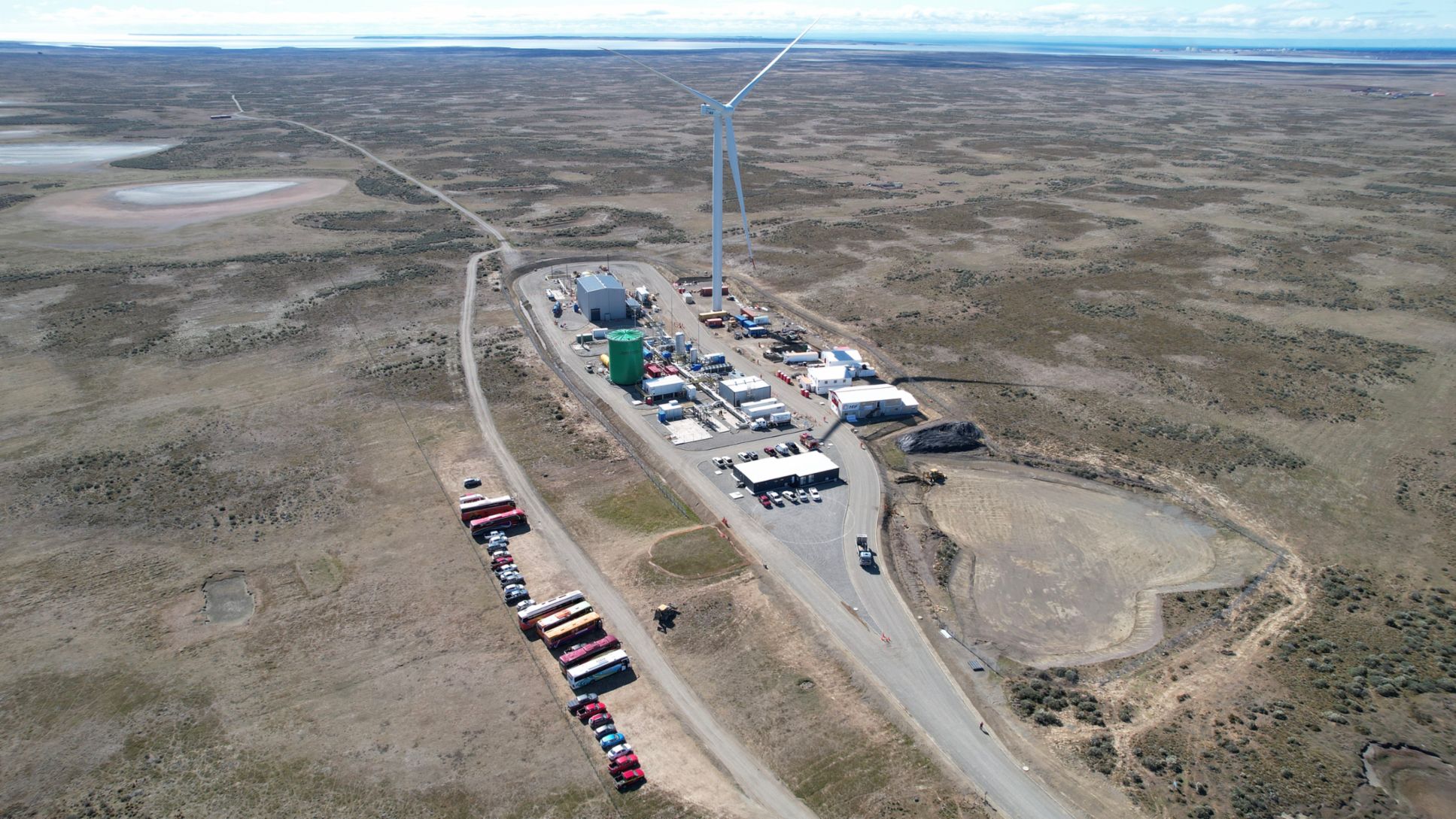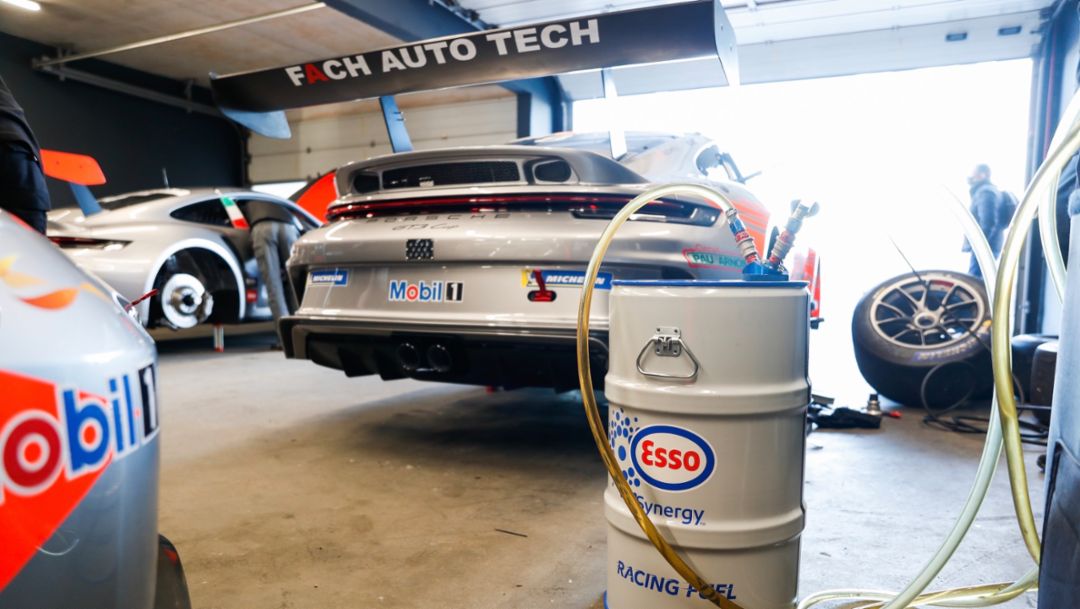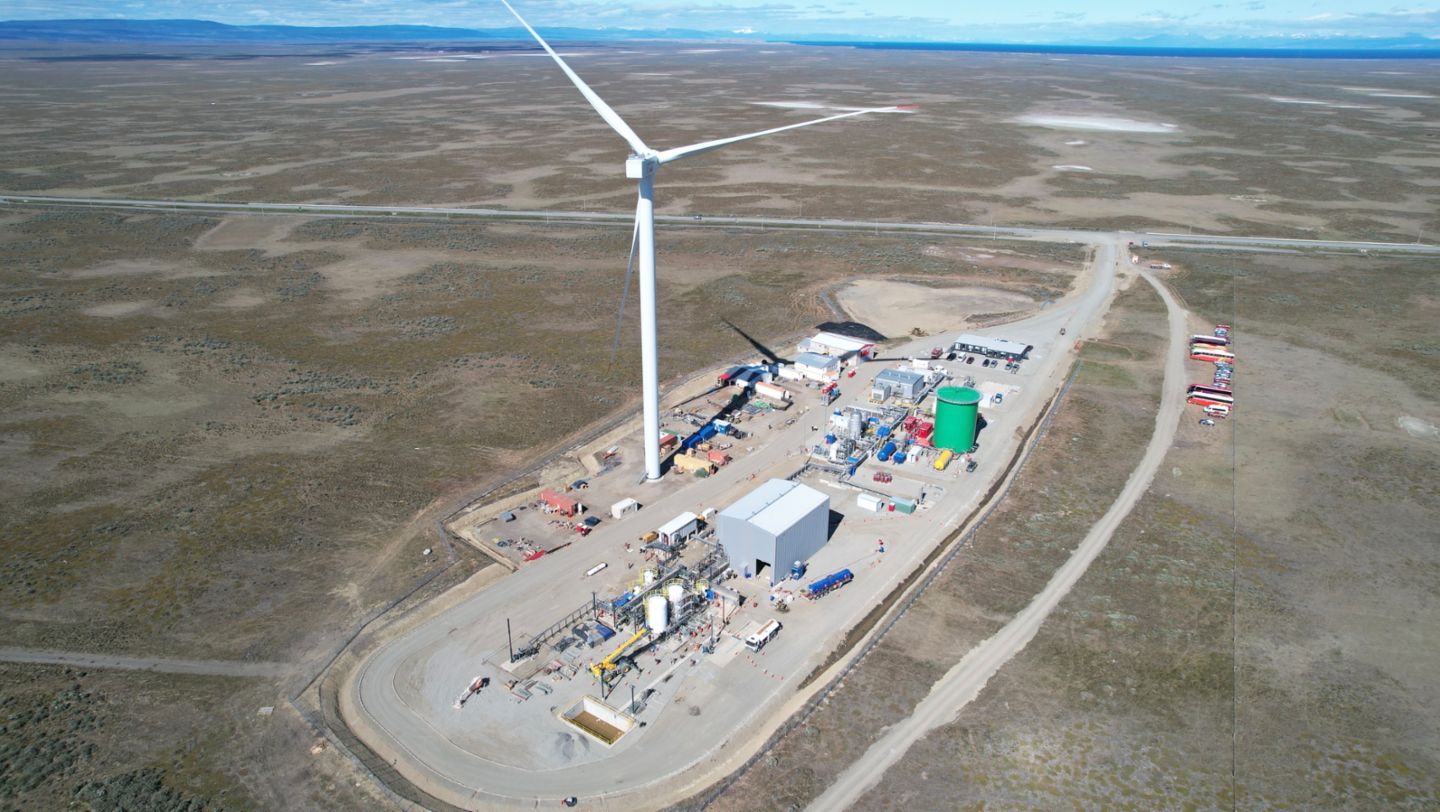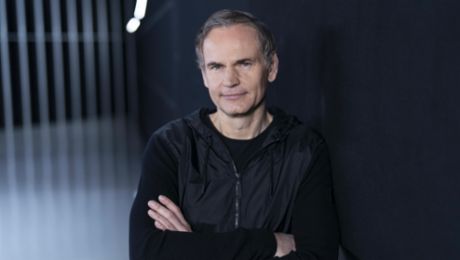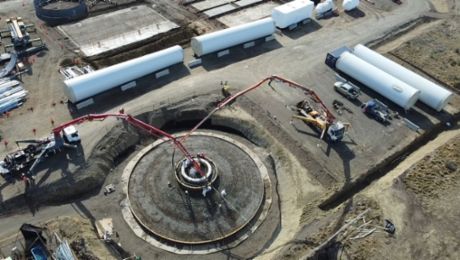In the presence of Chilean Energy Minister Diego Pardow, the ‘Haru Oni’ pilot plant in Punta Arenas (Chile) was officially opened today. Porsche Executive Board members Barbara Frenkel and Michael Steiner performed the ceremonial fuelling of a Porsche 911 with the first synthetic fuel produced at the site. These so-called eFuels, produced using wind energy, hydrogen, and CO₂, potentially enable nearly CO₂-neutral operation of internal combustion engines.
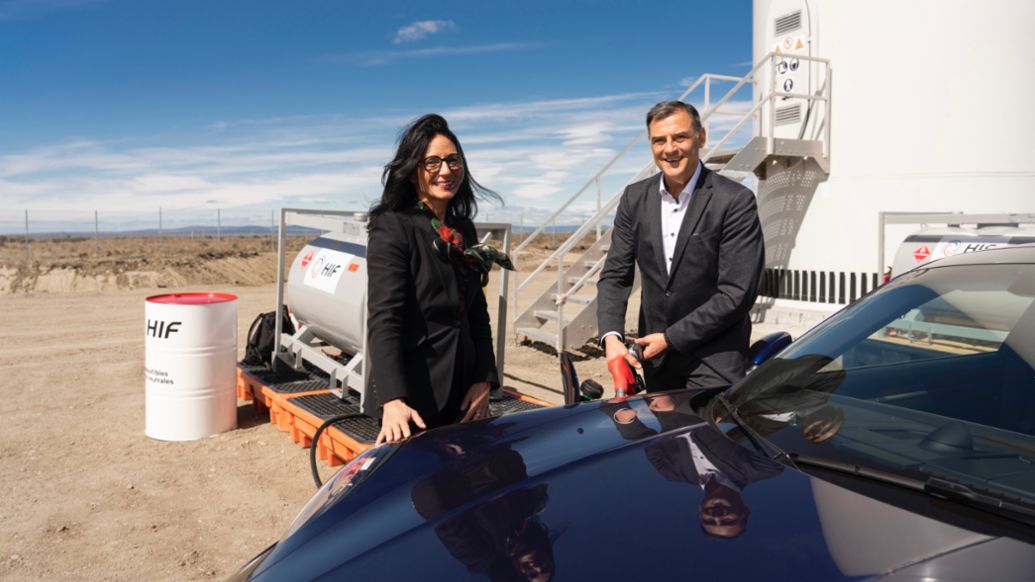
“Porsche is committed to a double-e path: e-mobility and eFuels as a complementary technology. The use of eFuels could potentially replace fossil fuels, thereby reducing the carbon footprint. Looking at the entire traffic sector, the industrial production of synthetic fuels should keep being pushed forward worldwide. With the eFuels pilot plant, Porsche is playing a leading role in this development,” says Barbara Frenkel, Member of the Executive Board for Procurement at Porsche AG.
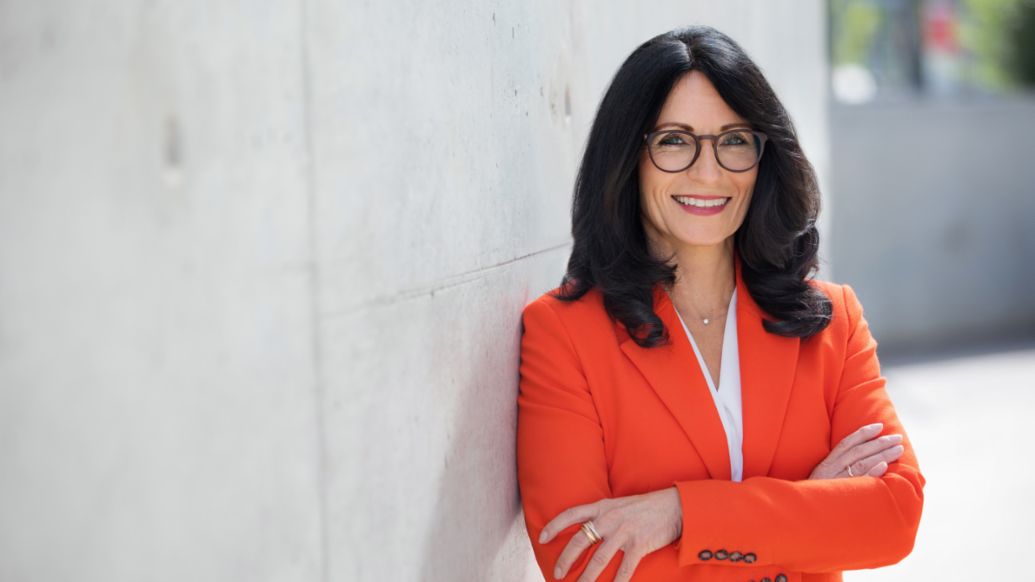
“The potential of eFuels is huge. There are currently more than 1.3 billion vehicles with combustion engines worldwide. Many of these will be on the roads for decades to come, and eFuels offer the owners of existing cars a nearly carbon-neutral alternative. As the manufacturer of high-performance, efficient engines, Porsche has a wide range of know-how in the field of fuels,” adds Michael Steiner, Member of the Executive Board for Development and Research at Porsche AG.
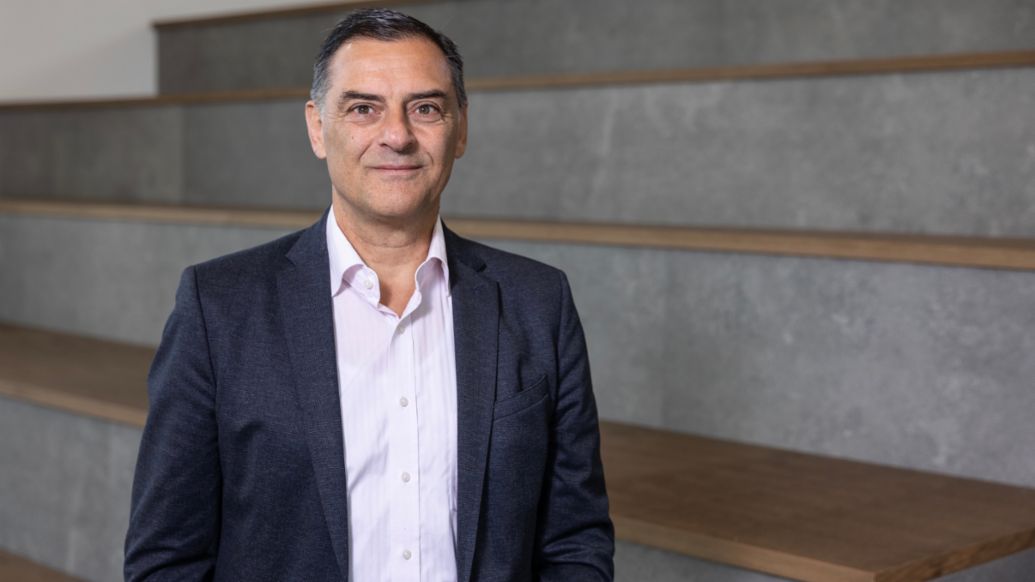
The eFuels pilot plant 'Haru Oni' in southern Chile is designed for a maximum production capacity of 130,000 liters of fuel per year. Initially the fuel is to be used in lighthouse projects such as the Porsche Mobil 1 Supercup. HIF Global LLC is currently planning the industrialization of eFuels plants at global locations such as Chile, the USA, and Australia, with scaled quantities potentially available by the end of the decade.
The south of Chile offers ideal conditions for the production of eFuels, with the wind blowing for around 270 days a year and enabling the wind turbines to operate at full capacity. Punta Arenas is also located close to the Strait of Magellan. From the port of Cabo Negro, the synthetic eFuel can be transported just like traditional fuels all over the world, and be distributed using the existing infrastructure.
Porsche is working towards a CO₂-neutral balance sheet across the entire value chain by 2030. This also includes a CO₂-neutral usage phase for future all-electric models. Synthetic fuels supplement electromobility and are part of the sports car manufacturer’s sustainability strategy. Porsche has already invested over 100 million USD in the development and production of eFuels. For example, the sports car manufacturer invested 75 million USD in HIF Global LLC in April 2022. It is planning future industrial-scale eFuels plants at global locations such as Chile, the USA (Texas), and Australia (Tasmania). The eFuels pilot plant 'Haru Oni' in southern Chile is operated by the subsidiary HIF Chile.
Info
This article was updated on November 22, 2024.
